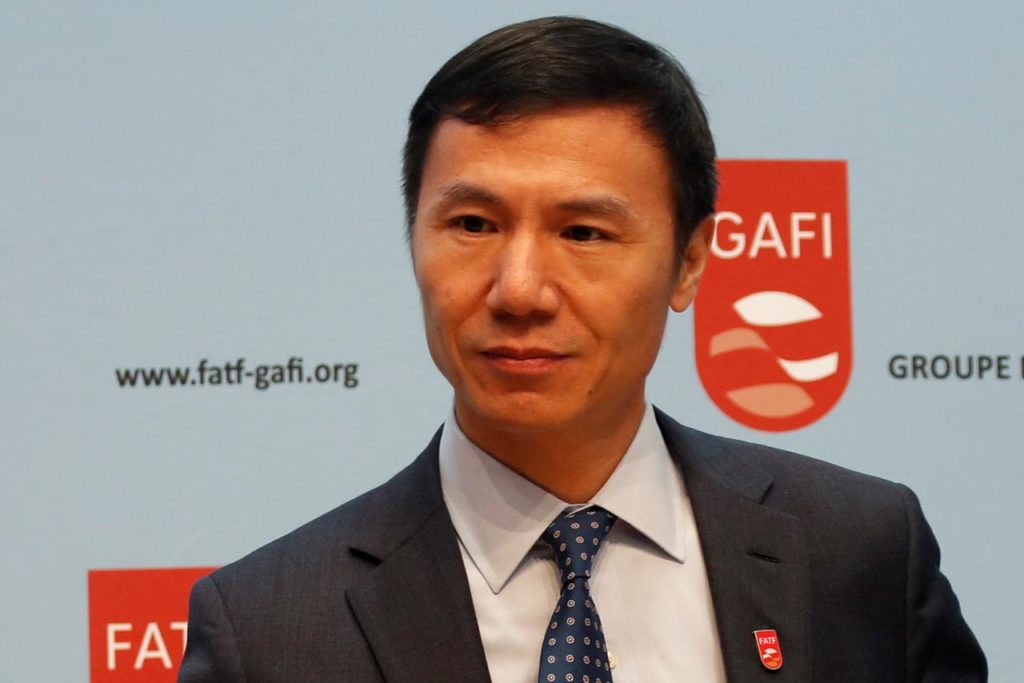Global Watchdog Keeps Pakistan On Terrorism Financing ‘Grey List’
Oct 19, 2019 | Pratirodh Bureau
FATF (the Financial Action Task Force) President Xiangmin Liu attends a news conference after a plenary session at the OECD Headquarters in Paris, France on October 18, 2019
A global finance watchdog kept Pakistan off its terrorism financing blacklist on Friday but warned Islamabad it only had until February to improve or face international action.
The Paris-based Financial Action Task Force, which tackles money laundering, said it was concerned that Pakistan had failed to complete the action plan first by a January deadline, then a May deadline and now October.
“The FATF strongly urges Pakistan to swiftly complete its full action plan by February 2020,” it said in a statement.
“Otherwise, should significant and sustainable progress not be made across the full range of its action plan by the next Plenary, the FATF will take action.”
Pakistan, struggling with a balance of payments crisis that has forced it to turn to the International Monetary Fund for help, has promised a series of measures to crack down on terrorism financing.
But it still faces considerable scepticism over whether the announcements have been followed by effective action to curb militant groups that operate from its territory.
“Pakistan needs to do more and it needs to do it faster,” FATF President Xiangmin Liu told reporters in Paris.
The FATF already has Pakistan on its “grey list” of countries with inadequate controls over curbing money laundering and terrorism financing.
But its arch-rival India, which came close to war with its nuclear-armed neighbour earlier this year, wants Pakistan blacklisted. That would likely result in sanctions that could cripple Pakistan’s already struggling economy.
Tensions between Pakistan and India have escalated sharply over the disputed region of Kashmir this year and Prime Minister Imran Khan has mounted a diplomatic offensive to try to drum up support from the international community.
Prior to the FATF decision on Friday, Pakistani officials said they were confident Islamabad would not be placed on the blacklist. But relief will be temporary with the February deadline looming over the horizon.
Ahead of Friday’s meeting, the watchdog’s Asia Pacific Group on Money Laundering (APG) issued a critical report on progress made by Islamabad since last year.
Of the 40 recommendations, the report said, Pakistan fully complied with only one, largely complied with nine, partially complied with 26, and totally missed four parameters, which were mandatory if Islamabad wanted to be removed from the grey list.
It said Pakistan should adequately identify, assess and understand risks associated with militant groups operating in Pakistan such as Islamic State group, al-Qaeda, Jamat-ud-Dawa (JuD), Lashkar-e-Taiba and Jaish-e-Mohammad (JeM), which continue to raise funds openly.
Islamabad says it has seized the groups’ assets and put the militants on trials, like the entire leadership of the JuD, including its chief Hafiz Saeed, the alleged mastermind of the 2008 Mumbai attacks in India, which killed 166 people.
